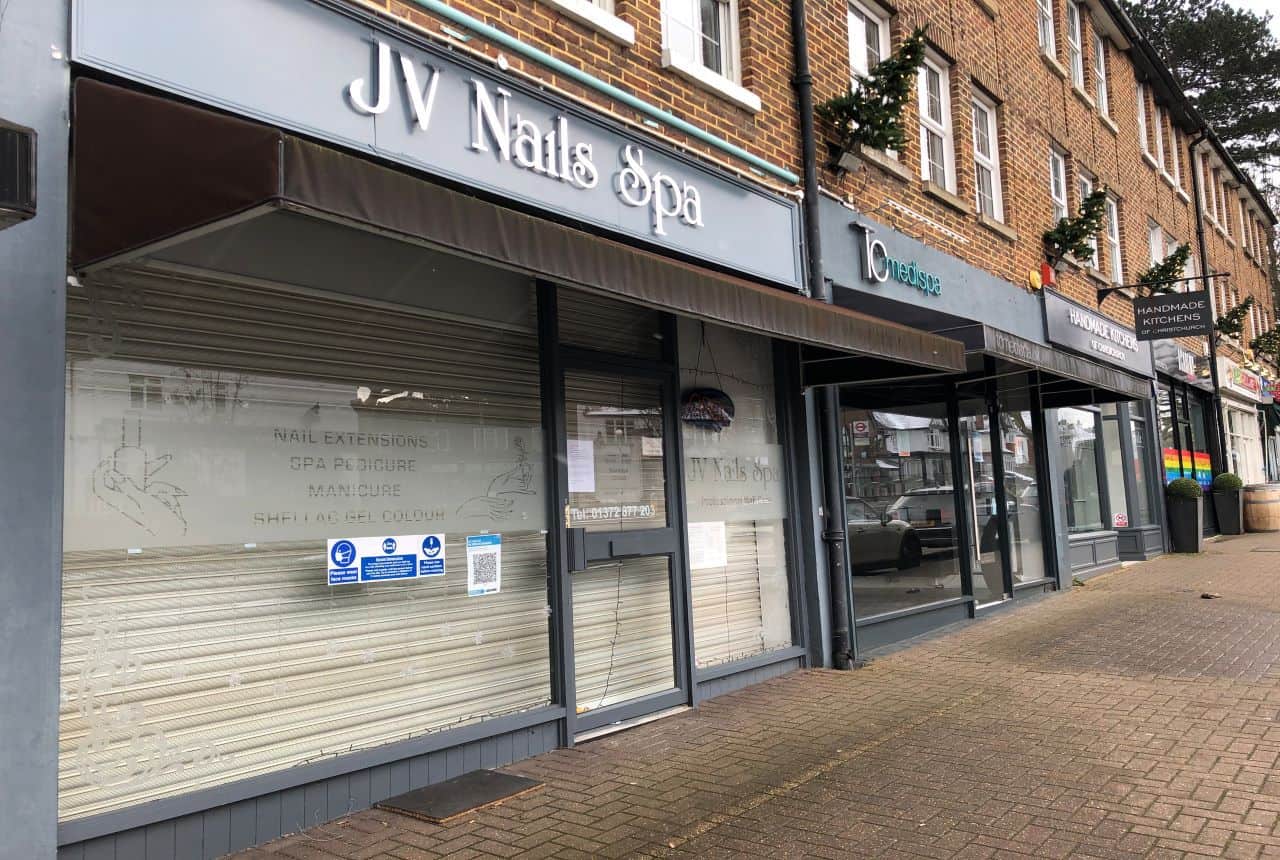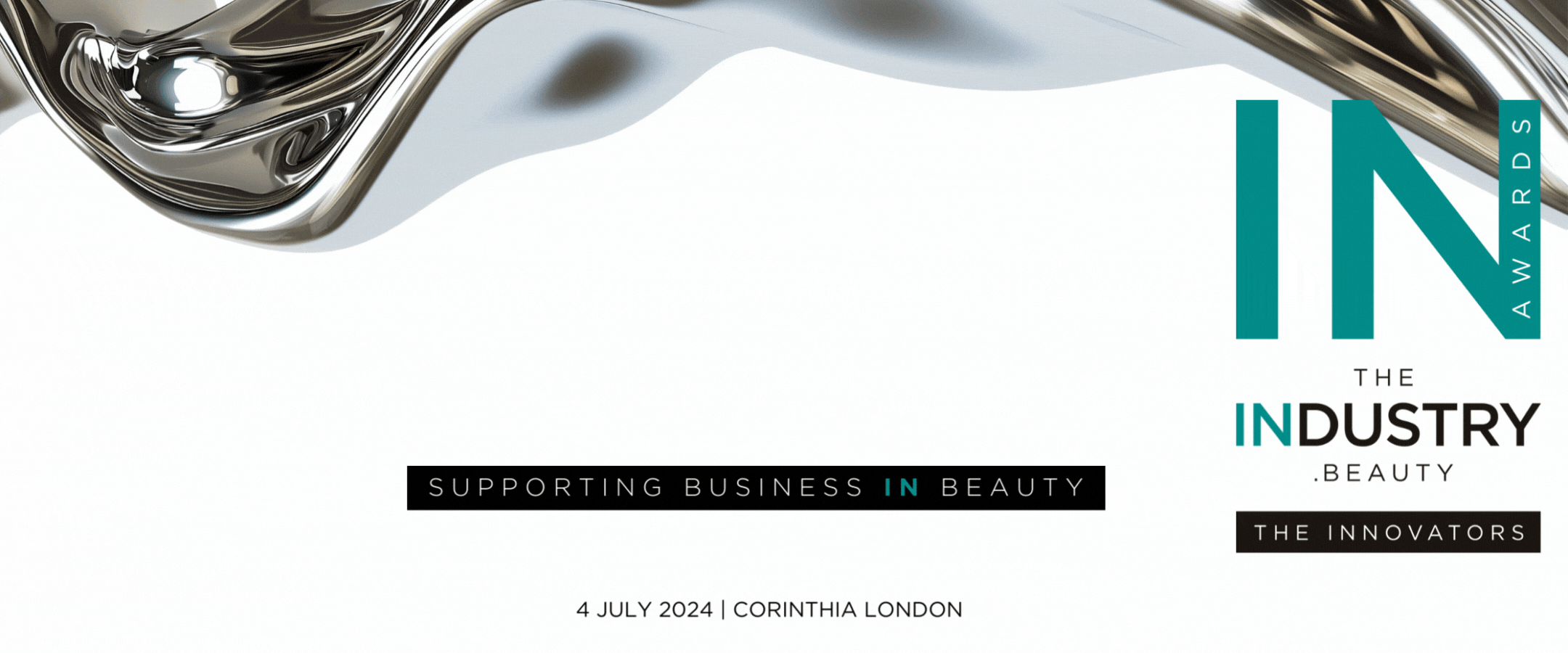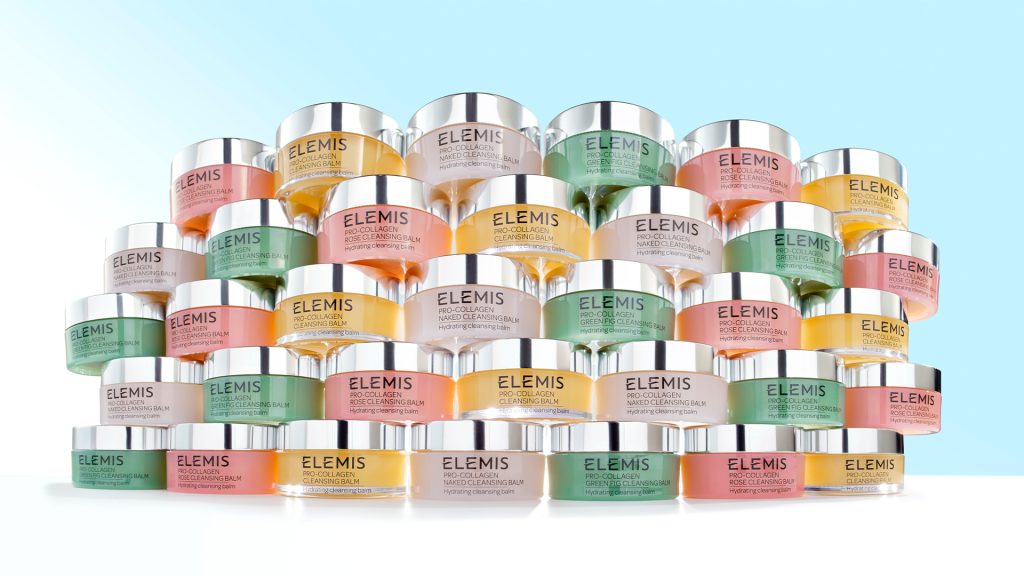Hair and beauty sector welcomes call for key gender equality reforms
The UK’s hair and beauty sector has welcomed a call by the Women and Equalities Committee for key policy reforms to avoid “turning the clock back” on gender equality, which it says has already been dealt a blow by Covid19.
Industries such as hair and beauty, which is made up of 82% female business owners supporting an 88% female workforce, have been hit particularly hard by the pandemic – with little sector specific support, a new report by the committee found.
“The economic impact of coronavirus has affected men and women differently: because of existing gendered economic inequalities, the over-representation of women in certain types of work, and because of actions the government has taken,” the committee said.
Committee chair Caroline Nokes added: “As the pandemic struck, the government had to act quickly to protect jobs and adapt welfare benefits.
"These have provided a vital safety net for millions of people. But it overlooked the labour market and caring inequalities faced by women. These are not a mystery, they are specific and well understood. And yet the government has repeatedly failed to consider them.
“This passive approach to gender equality is not enough.
“We heard evidence from a wide range of organisations, including the National Hair and Beauty Federation, the TUC, the Young Women’s Trust and the Women’s Budget Group. And written evidence from many more. The message from our evidence is clear: Government policies have repeatedly skewed towards men – and it keeps happening.
“We need to see more than good intentions and hoping for the best. The Government must start actively analysing and assessing the equality impact of every policy, or it risks turning the clock back.”
The report sets out 20 recommendations for the government including that it:
- Conduct an Equality Impact Assessment of schemes to support employees and the self-employed such as the CJRS, the furlough scheme and the Self Employed Income Support Scheme. This should draw on existing inequalities. This would better protect those already at a disadvantage in the labour market, including women, and could inform more effective responses to future crises, it said.
- Assess the equality impact of the Industrial Strategy and the New Deal, and analyse who has benefited from the industrial strategy to date. Priorities for recovery are heavily gendered in nature, with investment plans skewing towards male dominated sectors.
- Conduct an economic growth assessment of the care-led recovery proposals made by the Women’s Budget Group. (Treasury).
- Maintain increases in support, including the £20 increase to the Universal Credit standard allowance (DWP).
- Review the adequacy of and eligibility for Statutory Sick Pay. Women are over-represented among those who are not eligible.
- Legislate to extend redundancy protection to pregnant women and new mothers.
- Review childcare provision to provide support not only for working parents but those who are job seeking or retraining
- Reinstate gender pay gap reporting and more, including parental leave policies, ethnicity and disability.
- Provide better data to improve reporting and analysis for on how, for example, gender, ethnicity, disability, age and socio-economic status interact to compound disadvantage.
Welcoming the report and re-iterating its call for a targeted VAT cut to 5% for the personal care sector, the National Hair and Beauty Federation (NHBF) said: “Any recommendations that lead to greater equality in terms of opportunity and support is hugely positive.
“The NHBF continues to call on the government to show its commitment to gender equality and introduce an immediate Personal Care Fund to ensure our businesses survive the current closures and are able to prepare for reopening when it is safe to do so.
“Beyond this, we need support after re-opening to keep cash in these businesses so they can recover.
“Just like the hospitality sector, we are a service-based industry that can recoup very little VAT, but we can’t diversify into takeaway and online sales.
“A targeted VAT cut to 5% would allow these almost entirely female businesses the cash flow to recover, invest in staff and apprentices, and once again be the heart of their high streets and communities.
“Right now, it feels like we are last in line for support, flippantly disregarded within Parliament, despite the billions of pounds we contribute to the economy each year.”






